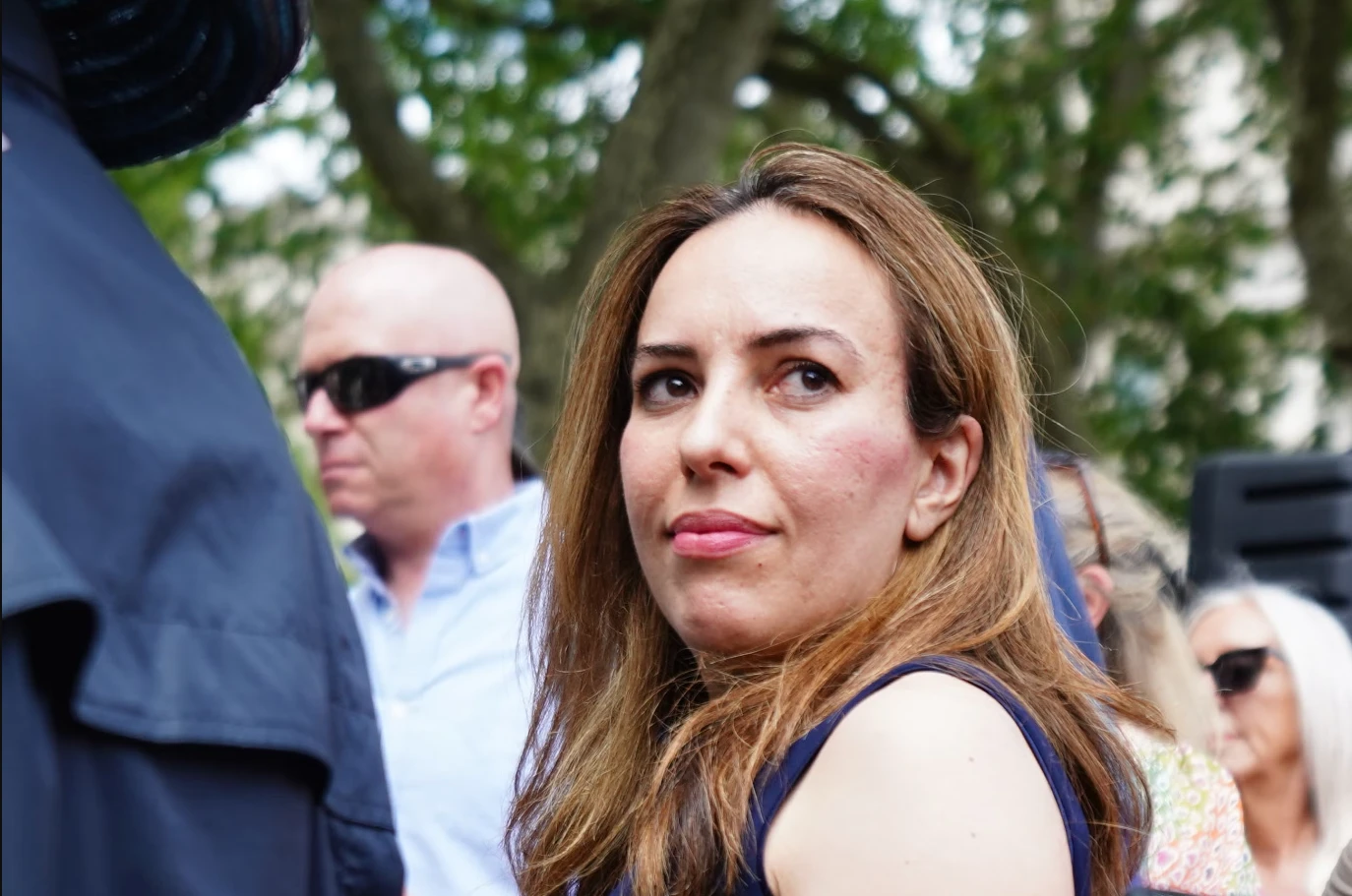Julian Assange's wife condemns US 'assurances' over extradition

Stay tuned with 24 News HD Android App

Julian Assange's wife on Tuesday condemned comments by the United States government on how the WikiLeaks founder might be treated if he is extradited from the UK.
The High Court in London on March 26 gave the US three weeks to provide further "assurances" on his treatment if he was sent there to face charges over WikiLeaks' 2010 release of secret military and diplomatic files.
But Stella Assange said the US had "issued a non-assurance about the First Amendment and a standard assurance about the death penalty".
"It makes no undertaking to withdraw the prosecution's previous assertion that Julian has no First Amendment rights because he is not a US citizen," she said in a statement.
Washington has spent several years trying to extradite the 52-year-old Australian citizen to stand trial for the release of classified documents relating to the US-led wars in Iraq and Afghanistan.
Attempting to halt the process, Assange had suffered a string of court losses in the long-running legal saga, which his supporters see as a battle for media freedom.
Two UK judges in March said Washington had until April 16 to allay concerns that his trial would be prejudiced because he is not a US citizen and that he could face the death penalty if convicted.
Stella Assange said the US's response had "limited itself to blatant weasel words claiming that Julian can 'seek to raise' the First Amendment if extradited".
"The diplomatic note does nothing to relieve our family's extreme distress about his future -- his grim expectation of spending the rest of his life in isolation in US prison for publishing award-winning journalism," she added.
Assange has been held at a high-security prison in southeast London since 2019.
Before going to prison, Assange spent seven years holed up in Ecuador's London embassy to avoid extradition to Sweden, where he faced accusations of sexual assault which were later dropped.
The US indicted Assange multiple times between 2018 and 2020 but US President Joe Biden has faced persistent domestic and international pressure to drop the case filed under his predecessor Donald Trump.
Major media organisations, press freedom advocates and the Australian parliament have all denounced the prosecution under the 1917 Espionage Act, which has never been used over the publishing of classified information.
Washington alleges that Assange and others at WikiLeaks recruited and agreed with hackers to conduct "one of the largest compromises of classified information" in US history.
Lawyers for Assange have argued the charges were "political" and that he was being prosecuted "for engaging in the ordinary journalistic practice of obtaining and publishing classified information".
